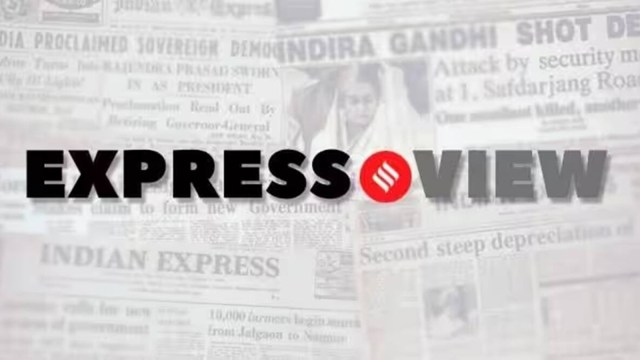
In less than three weeks, two examinations conducted by the National Teaching Agency (NTA) have invited controversy. The row over the recruitment examination to medical colleges, the National Eligibility Cum Entrance Test (NEET), has not subsided, Opposition parties have called for nationwide protests on Friday and the Supreme Court is hearing a slew of petitions on the alleged irregularities. On Tuesday, the Court told the government to “act fairly, and admit if there is any mistake in the conduct of NEET”. A day later, the Ministry of Education (MoE), announced the cancellation of another examination — the University Grants Commission-National Eligibility Test (UGC-NET). The MoE took this decision a day after the test was held in 317 cities. This was perhaps the right thing, given that it had inputs from the Union Home Ministry about the integrity of the examination being compromised. Education Minister Dharmendra Pradhan has said that a high-level committee will be formed which will give recommendations on improving NTA’s structure and functioning, the examination process, and security protocols. But much more needs to be done. The government needs to be sensitive to the concerns of the nine lakh students who appeared for the examination which holds the key to finding entry-level teaching jobs in universities and admissions to PhD programmes. Accountability for the irregularity that precipitated the cancellation must be fixed urgently.
The NET is the first centrally-conducted examination to be scrapped after the Centre introduced a new anti-paper leak law in February. The investigation could provide crucial lessons in applying the new law to stem a pressing problem that threatens to tar the credibility of the educational and public recruitment systems. In a country with myriad diversities and challenges, even one weak link in the examination chain — from setting papers to their distribution to the evaluation of answer seats — can compromise fair play. Many states have anti-cheating laws but they have found it difficult to bust networks that, by all accounts, involve the exam mafia and the coaching-classes industry. An investigation by this paper in February found more than 40 instances of paper leaks in 15 states over the last five years, which derailed the schedules of nearly 1.5 crore candidates who had applied for positions in various fields — education, engineering and public works, healthcare and police. In a country of predominantly young people with rising aspirations, such disruptions cause resentments and stoke insecurities. It’s not surprising that in recent years several states have witnessed public outrage over the disruption of examination schedules. The issue was among the talking points in the just-concluded Lok Sabha elections as well as last year’s assembly elections in Rajasthan, Telangana and Madhya Pradesh. The political class’s shortage of ideas on the issue is disturbing in a country that intends to reap its demographic dividend in the next two decades.
The hyper competitive nature of exams is symptomatic of the inadequacy of both the educational and the employment pie. Demand-supply gaps create opportunities for exam fixers and job mafia. Even as the government investigates the immediate controversies around NEET and NET, it cannot afford to delay addressing this longstanding problem.